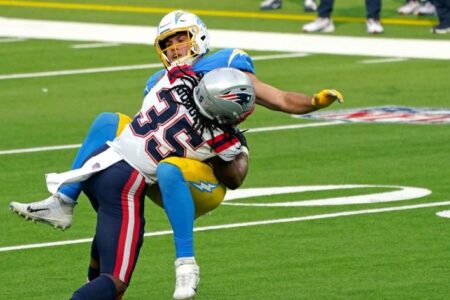Kontradiction
On my retirement tour.
PatsFans.com Supporter
2020 Weekly Picks Winner
2021 Weekly Picks Winner
2023 Weekly Picks Winner
- Joined
- Oct 24, 2006
- Messages
- 68,286
- Reaction score
- 76,690
My 23 year old grandson who was never a good student and would never make it in any college, started last June in the Frost Insulaters Union out of the Boston Local, he works in the Providence area (gets 90% of what they make in Boston) and is doing well, does not really "love" the job, but the benefits are incredible. His hourly package is about $75.00 per hour, that breaks down into hourly wage about $23.00 per hour, medical insurance etc. etc. But the best part of his pay is that the employer pays $8.00 an hour into an annuity, that is about 16K into an annuity.. over 30 years the numbers are staggering. He also has a small landscaping business and banks all that money.. He gets yearly step increases and at a union meeting they decide how to allocate the money.. between hourly wage, annuity contribution etc.
Fortunately, he can keep his eyes on that prize even though as a 1st year apprentice he takes a lot of crap..
Noticed last night the change in TV Advertising on of the big local plumbing companies are advertising for help and will provide training, the same was true for a local garage door installer.. huge switch to do this on a national broadcast(I know it is local advertising). Skilled trades are the way to go right now, and folks may have to get their hands dirty..
Wow. That's one hell of a deal. And yeah, that's a response to a saturation in the market for jobs that require degrees and a move away from skilled trades. Skilled trades companies have to put together packages like that to attract talent. Good for him. He's going in a good direction.






















